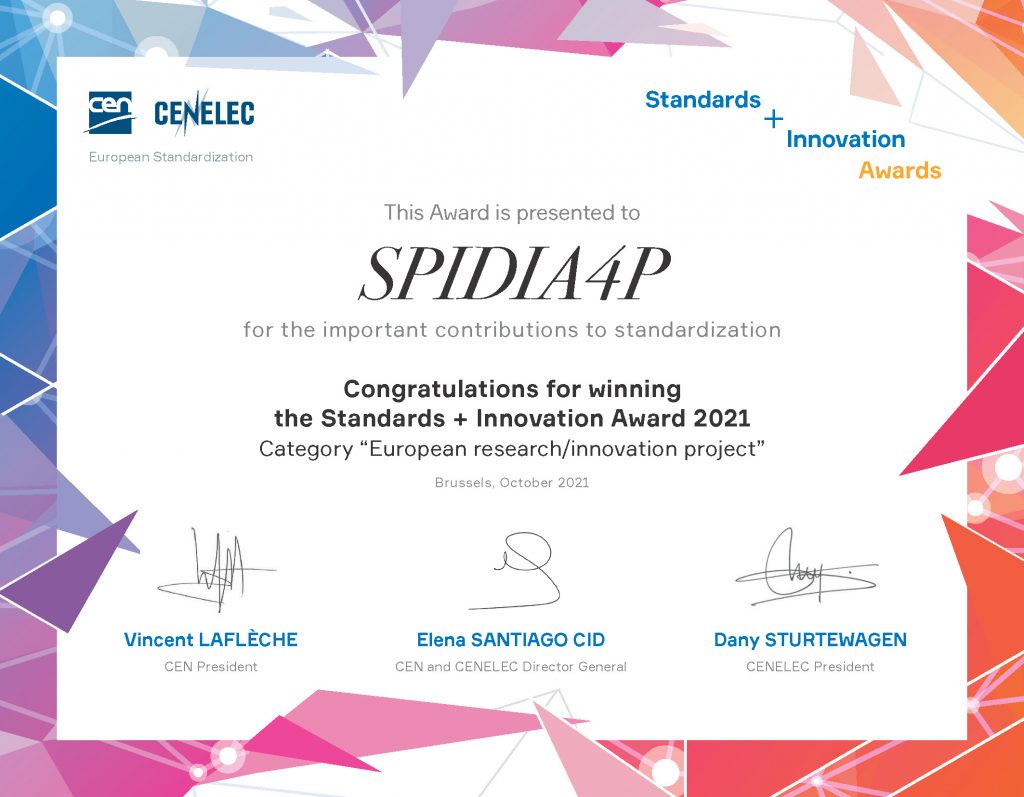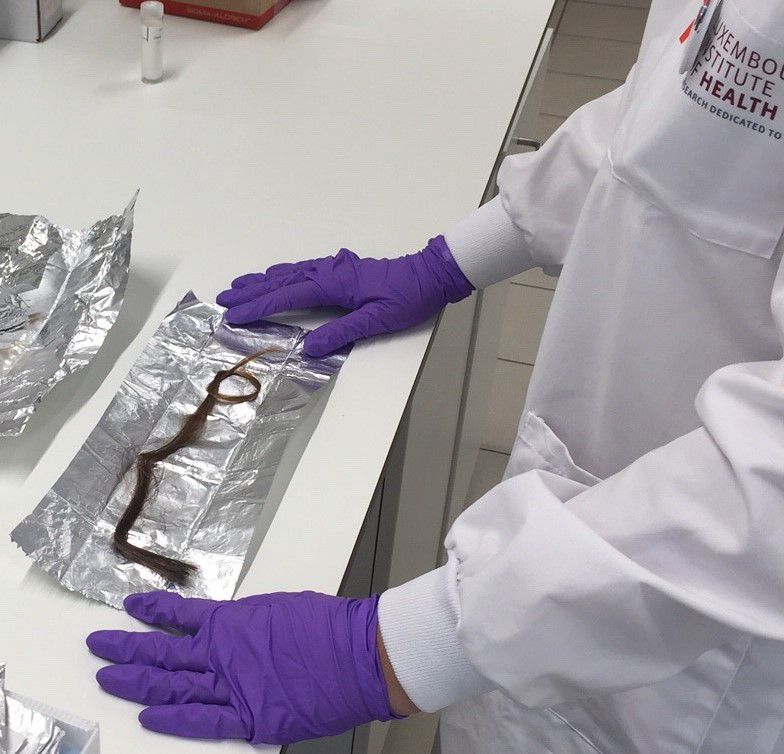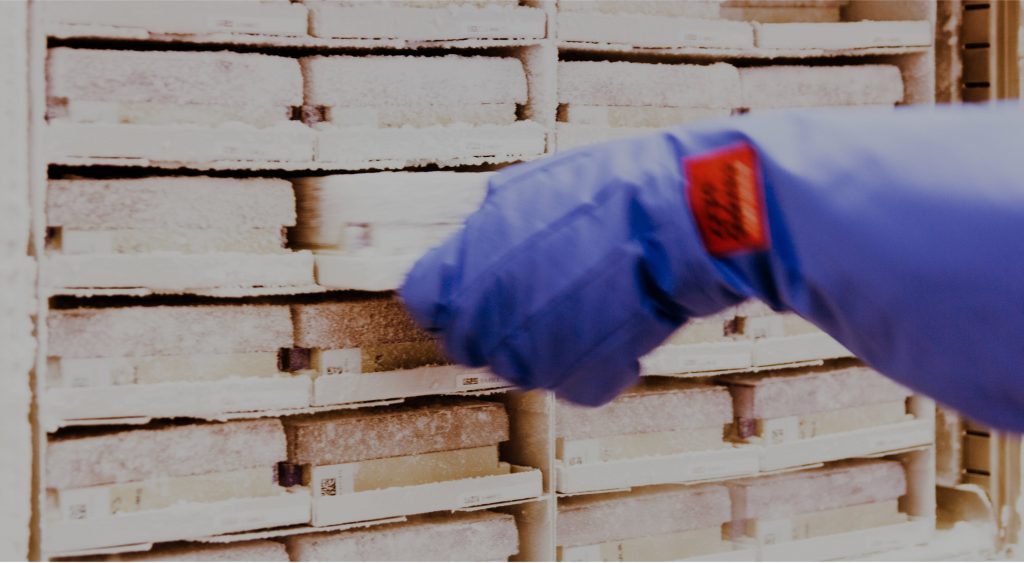News
EU-funded SPIDIA4P project wins CEN/CENELEC Standards+Innovation Award
On October 5, the 2021 edition of the CEN and CENELEC Standards+Innovation Awards was held as an online event to celebrate and acknowledge the important contribution of research and innovation to standardisation.

This year, a total of 23 nominations from 13 different CEN and CENELEC national members were received: 9 in the Project category, 9 in the Individual Researcher category and 5 in the new Young Researcher category. The Project and Individual Researcher nominees were all assessed based on three criteria: link with standardisation, impact for the sector in which they operate, impact on society and environment. The Young Researcher nominees were all assessed on the following 4 criteria: weight of standardisation in the overall project, originality of their project, impact of the related outcome and the potential for their research to serve as material to support members outreach to research organisations.
The SPIDIA4P project was selected as the winner of the ‘Project’ category. The project, funded by the European Commission under the Horizon 2020 programme and coordinated by QIAGEN, aims to drive the standardisation of pre-analytics in an effort to improve disease diagnosis, prognosis and patient stratification. IBBL and LIH are part of the consortium and, as leaders of the project’s Work Package 2 (Develop External Quality Assessment Schemes for the pre-analytical phase), they are in charge of the development of the External Quality Assurance (EQA) schemes accompanying the procedures. These are designed to assess the efficiency of the processing methods and verify the quality of the samples.

Through SPIDIA4P, 16 new standards have been developed so far, with 6 more under development, addressing the pre-analytical workflows applied to personalised medicine. Standardisation work has been carried out in CEN/Technical Committee 140 “In vitro diagnostic medical devices”, Working Group 3 “Quality management in the medical laboratory” and in ISO/TC 212/Working Group 4.
“After being collected from a patient, biospecimens can undergo significant alterations during transport, storage and processing, leading to errors in diagnostic test results. Standardised procedures can greatly reduce the incidence of irreproducible pre-clinical and clinical research results and, in this particular case, of diagnostic mistakes”, says Dr Olga Kofanova, Team Leader at IBBL Biorefinery and member of the project consortium. “We are therefore very pleased that our efforts have been recognised through this award, and we look forward to continuing our work in this direction”, she concludes.








